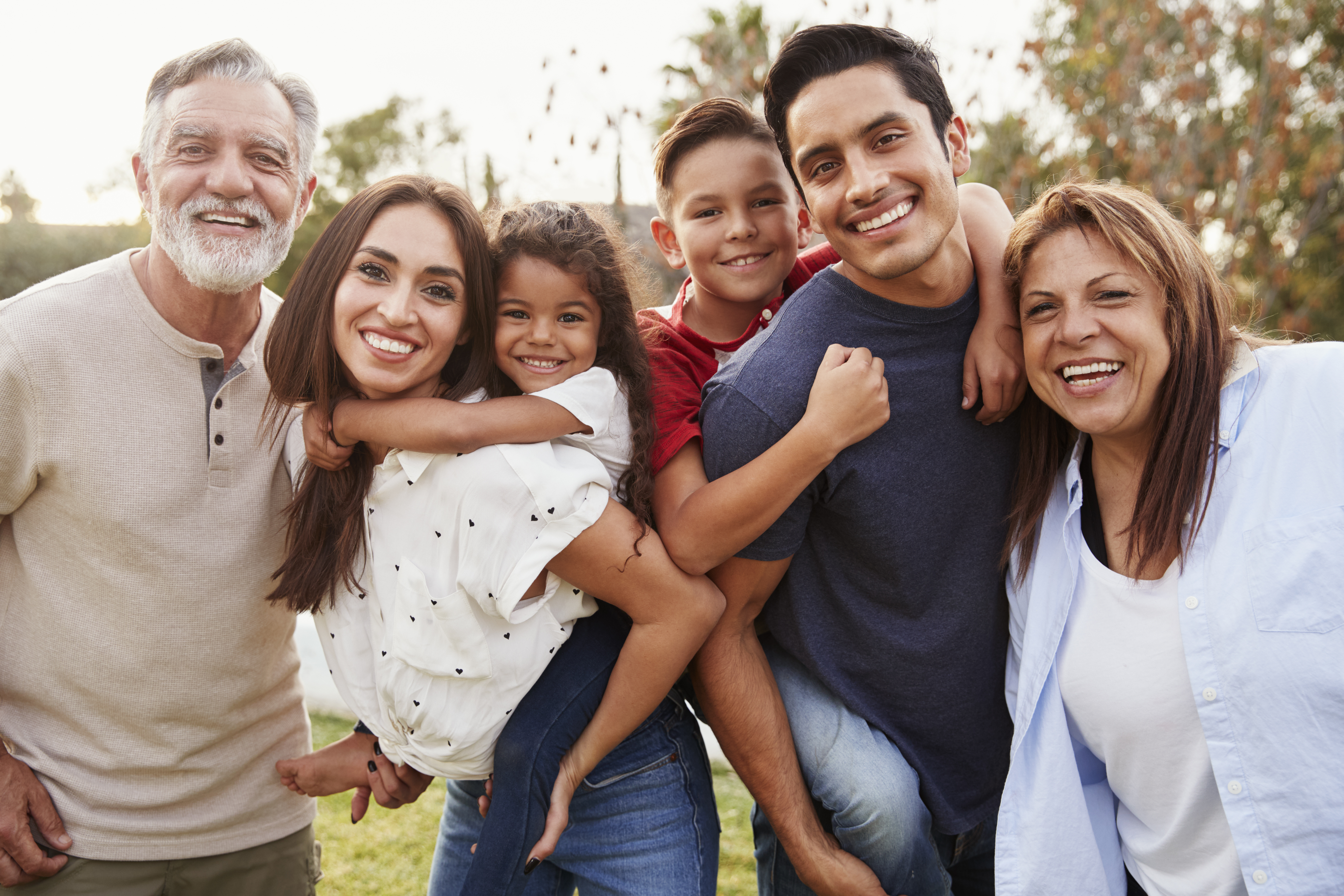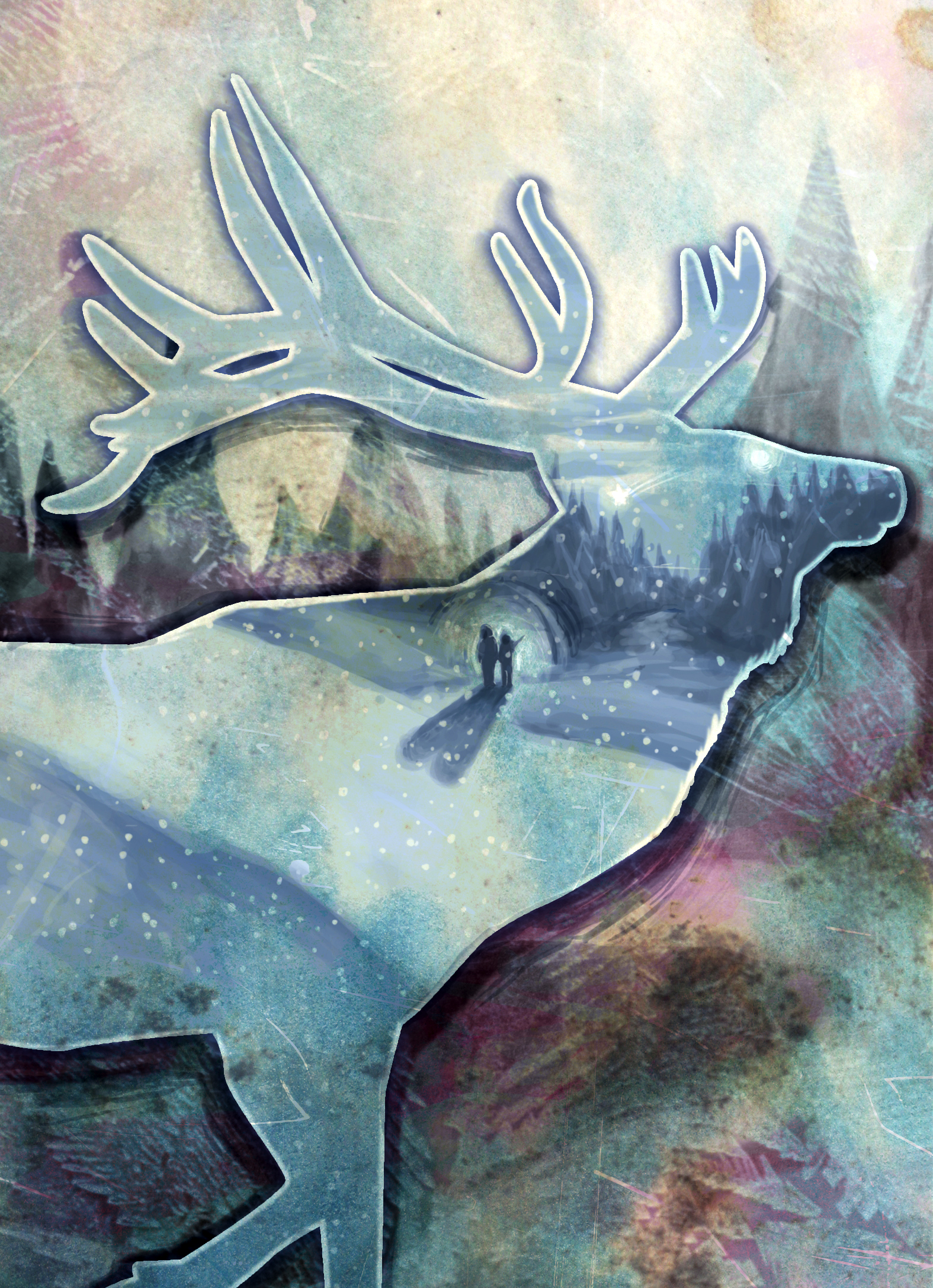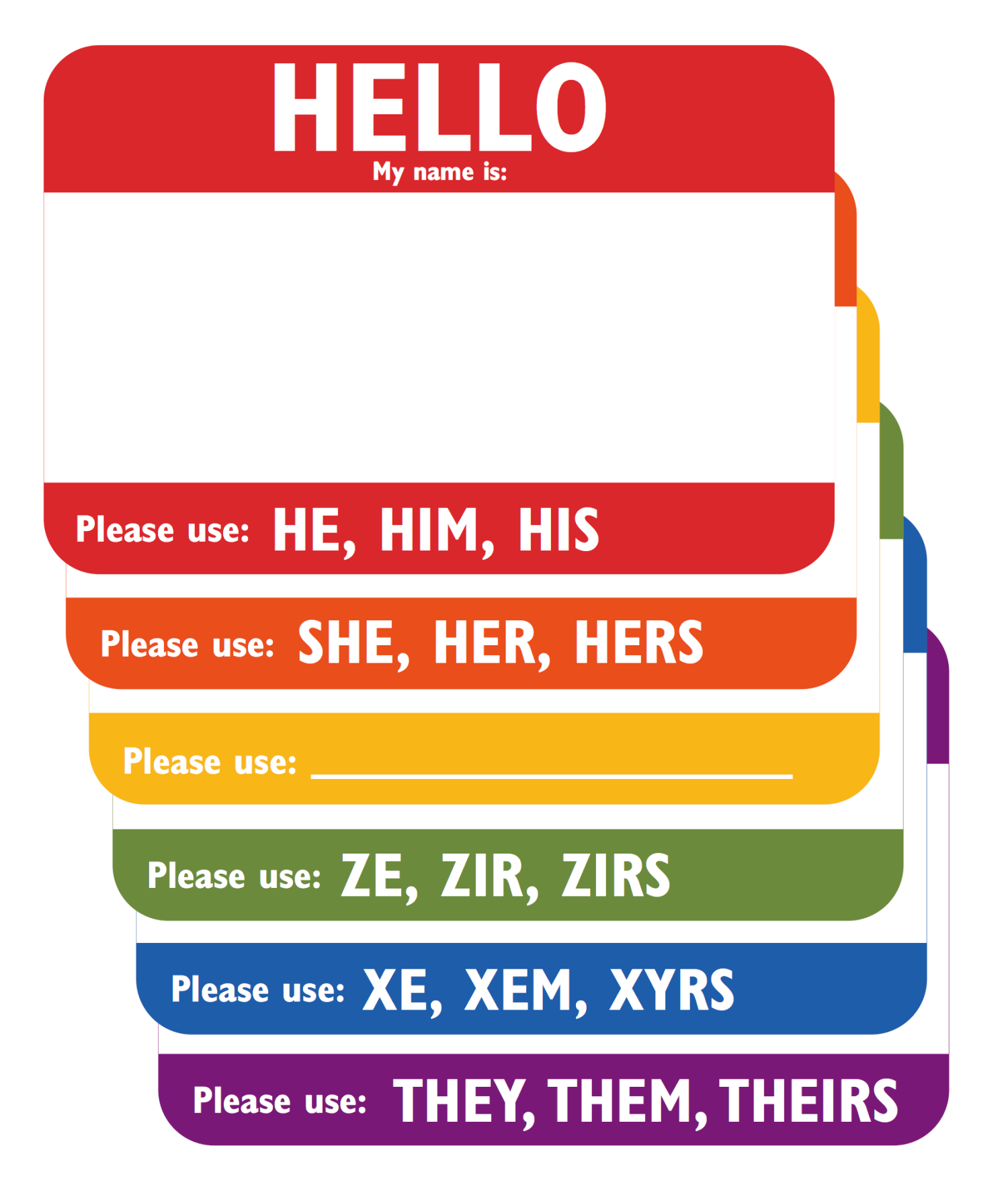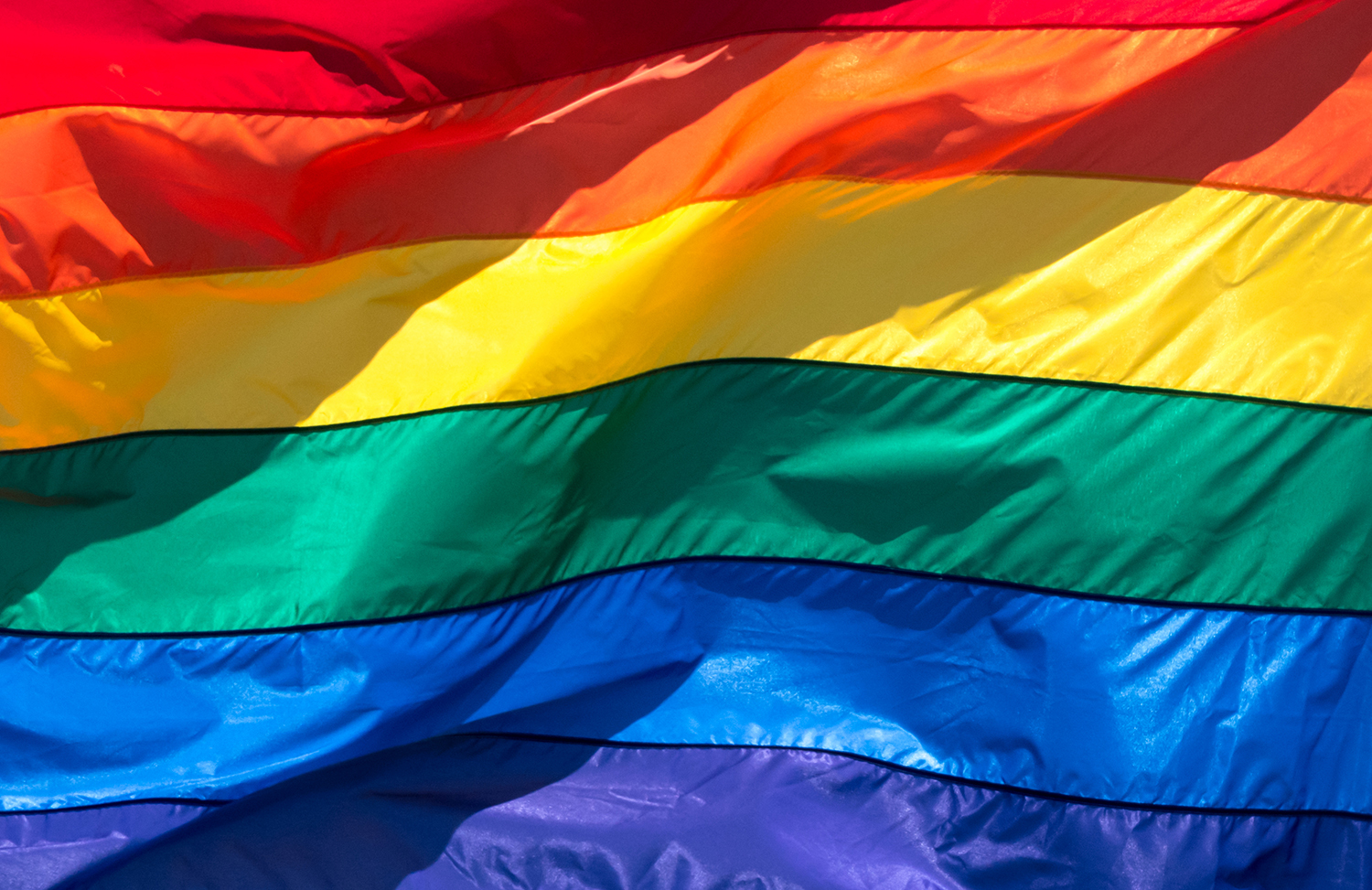There is a new openness that has more people talking about and sharing within the LGBTQ community. New words have developed to help people speak more precisely and respectfully about gender identity and sexuality. A useful starting point for understanding the community is understanding the language.
Below is a list of core terms to be familiar with. For a more comprehensive full list visit The Safe Zone Project.
TERMS
ally – noun: a (typically straight and/or cisgender) person who supports and respects members of the LGBTQ community. People who take action in support of the LGBTQ community are considered active allies.
asexual – adj: experiencing little or no sexual attraction to others and/or a lack of interest in sexual relationships/behavior. Asexuality exists on a continuum from people who experience no sexual attraction or have any desire for sex, to those who experience low levels, or sexual attraction only under specific conditions. Many of these different places on the continuum have their own labels.
biphobia – noun: a range of negative attitudes (e.g., fear, anger, intolerance, invisibility, resentment, erasure, or discomfort) that one may have or express toward bisexual individuals. Biphobia may come from straight society, as well as the LBGTQ community.
cisgender / “siss-jendur”/ – adj.: a gender description for when someone’s gender assigned at birth and gender identity correspond. Can be shortened to “cis.”
coming out – 1 noun: the process by which one accepts and/or comes to identify one’s own sexual or gender identity. 2 verb: the process by which one shares one’s sexuality or gender identity with others.
gay – adj: experiencing attraction solely (or primarily) to some members of the same gender.
gender expression (or presentation) – noun: the external display of one’s gender, through a combination of clothing, grooming, demeanor, social behavior, and other factors.
gender identity – noun: the internal perception of one’s gender, and how they label themselves.
genderqueer – 1 adj.: a gender identity label often used by people who do not identify with the binary of man/woman. 2 adj.: an umbrella term for many gender nonconforming or nonbinary identities (e.g., agender, bigender, genderfluid).
heteronormativity – noun: the assumption, in individuals and/or institutions, that everyone is heterosexual and that heterosexuality is superior to all other sexualities.
homophobia – noun: an umbrella term for a range of negative attitudes (e.g., fear, anger, intolerance, resentment, erasure, or discomfort) that one may have toward LGBTQ people. The term can also connote fear, disgust, or dislike of being perceived as LGBTQ.
homosexual – adj. & noun: a person primarily emotionally, physically, and/or sexually attracted to members of the same sex/gender. This [medical] term is considered stigmatizing and is discouraged for common use (use gay or lesbian instead).
intersex – adj.: a term for a combination of chromosomes, gonads, hormones, internal sex organs, and genitals that differs from the two expected patterns of male or female. Many intersex people do not identify as LGBTQ.
lesbian – noun & adj.: women who are primarily attracted romantically, erotically, and/or emotionally to other women.
LGBTQ; GSM; DSG – abbr.: shorthand or umbrella terms for people who have a non-normative (or queer) gender or sexuality. LGBTQ is Lesbian Gay Bisexual Transgender and Queer and/or Questioning; GSM is Gender and Sexual Minorities; DSG is Diverse Sexualities and Genders.
pansexual – adj.: a person who experiences sexual, romantic, physical, and/or spiritual attraction for members of all gender identities/expressions. (Shortened “pan”)
passing – 1 adj. & verb: trans people being accepted as, or able to “pass for,” a member of their self-identified gender identity without being identified as trans. 2 adj.: an LGB/queer individual who is believed to be or perceived as straight.
queer – 1 adj.: an umbrella term to describe individuals who don’t identify as straight and/or cisgender. 2 noun: a slur used to refer to someone who isn’t straight and/or cisgender. Due to its historical use as a derogatory term, and how it is still used as a slur in many communities, it should be avoided.
questioning – verb, adj.: an individual who or time when someone is unsure about or exploring their own sexual orientation or gender identity.
sexual orientation – noun: the type of sexual, romantic, emotional/spiritual attraction one has the capacity to feel for some others, generally labeled based on the gender relationship between the person and the people they are attracted to. Often confused with sexual preference.
straight – adj.: a person primarily emotionally, physically, and/or sexually attracted to some people who are not their same sex/gender. A colloquial term for heterosexual.
transgender – adj. an umbrella term for anyone whose gender assigned at birth and gender identity do not correspond. (Abbreviated trans)
transphobia – noun: the fear of, discrimination against, or hatred of trans people, the trans community, or gender ambiguity.
In celebration of Pride Month, North Lake College has created and curated a series of videos and articles to educate, dispel myths, and highlight issues regarding the LGBTQ community. We strongly encourage you to view this information, share these stories and join in on the conversation.To learn more about the series visit blog.northlakecollege.edu/nlccelebratespride.






